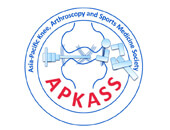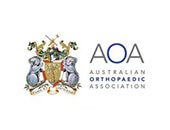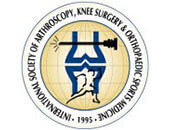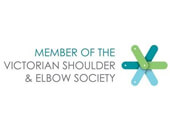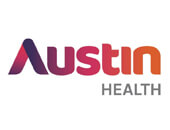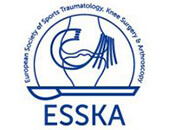Surgery Information
Before Surgery
If you are taking regular medications, please notify your surgical team as you may need to stop taking these.
It may be worthwhile making some simple changes in your home to make life easier when you return from the hospital. For instance, if you are having shoulder surgery, it may be hard to reach high shelving or cupboards so go through your home and place any items you need on low shelves.
Day of Surgery
While some procedures can be undertaken on an outpatient basis, most patients will require an overnight stay in hospital to ensure they are cared for properly after their surgery. We recommend bringing an overnight bag that includes something to pass the time, such as a book, iPad or laptop.

After Surgery
Once the surgery is completed, you will move to the recovery area for further care to ensure that everything is fine after your anaesthetic. There will be some pain and discomfort after your surgery however, this is normal and a natural part of the healing process. Mr Chua and his staff will work with you to help control the pain, which may include the use of medications. It is important that any medications you are prescribed are taken exactly as instructed. Waterproof dressings will allow you to shower from the day after your surgery.
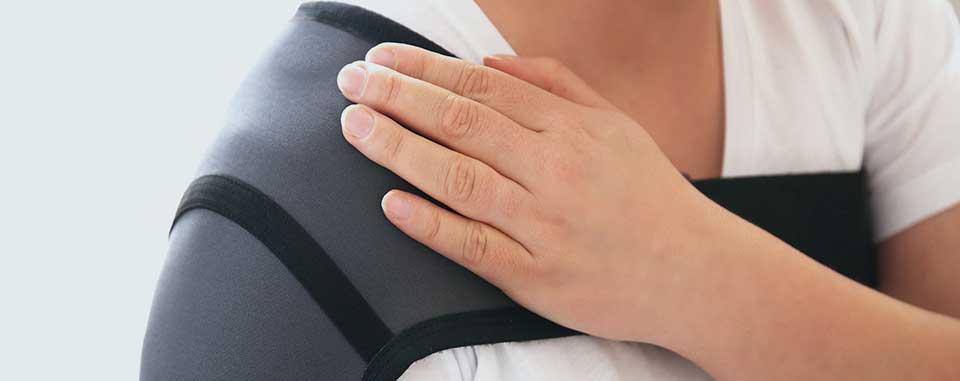
After Care and Physiotherapy
A physiotherapist will see you before you leave hospital and provide you with some initial rehabilitation exercises. Mr Chua will see you again in the first few weeks after your surgery, before progressing to the next stage of your recovery with a local physiotherapist.
Mr Chua has a good working relationship with many physiotherapists across Victoria, and can recommend one for you if needed.




